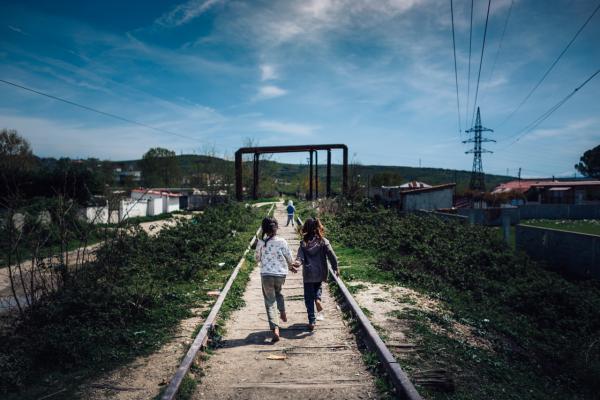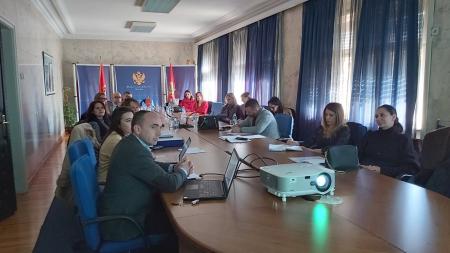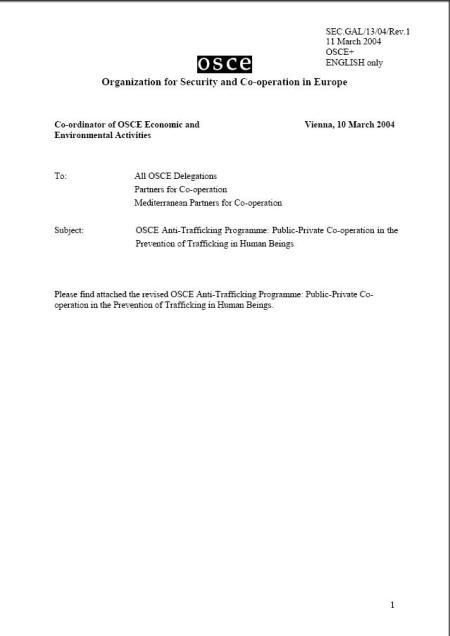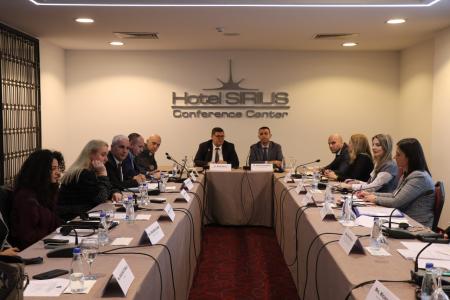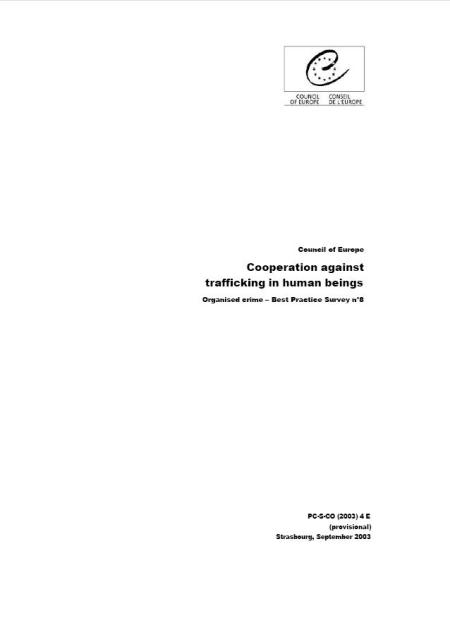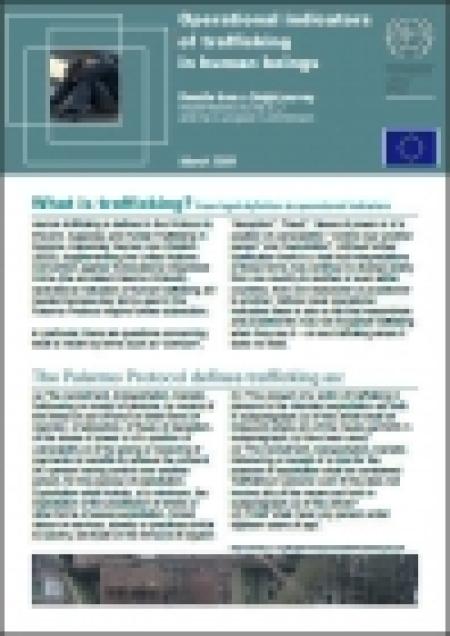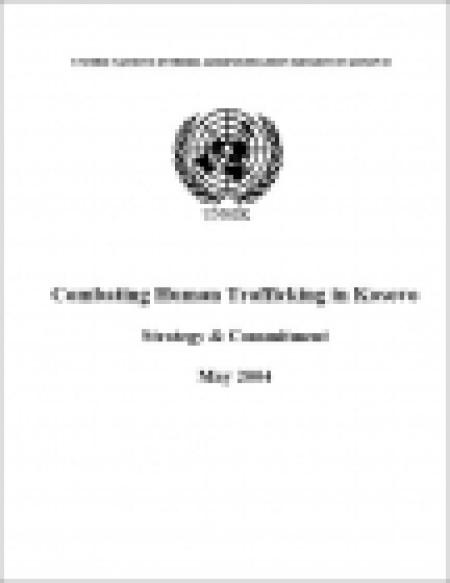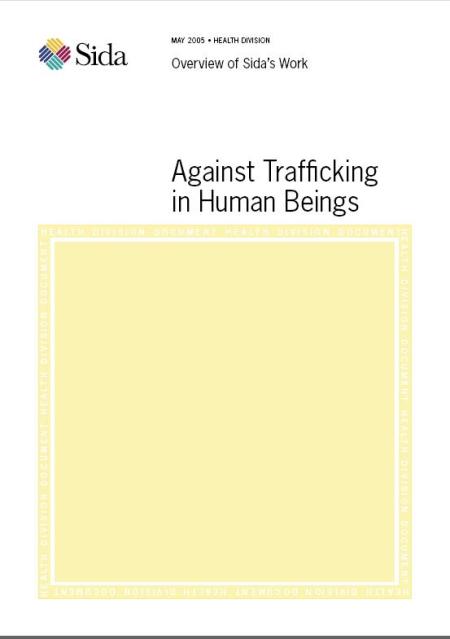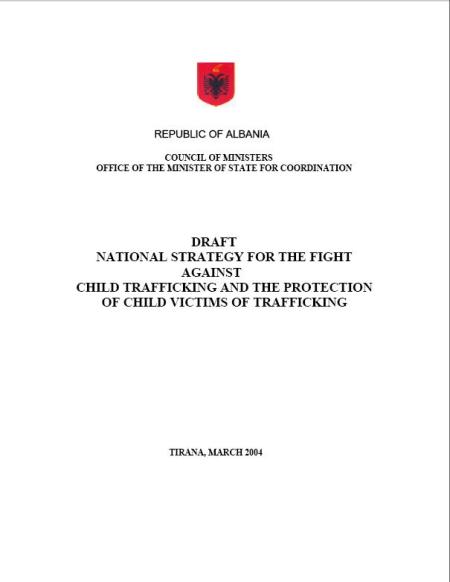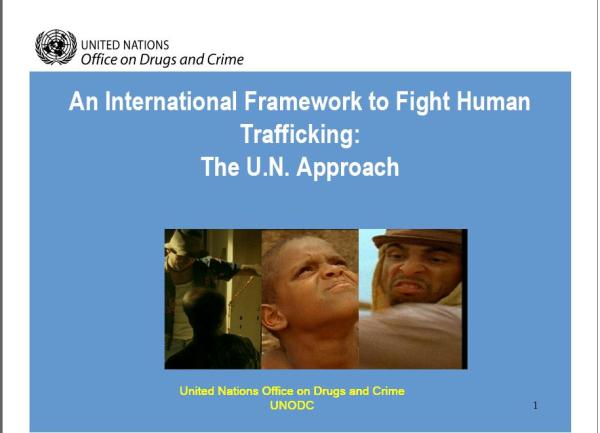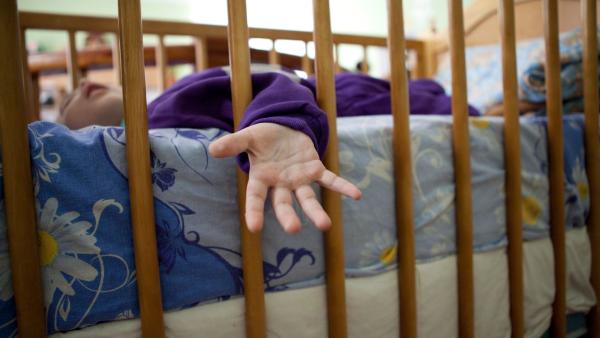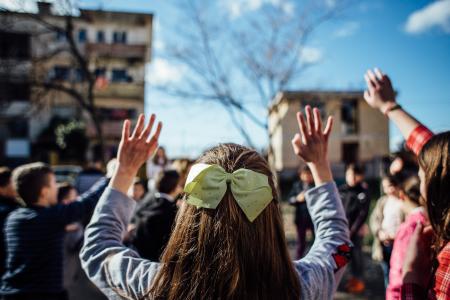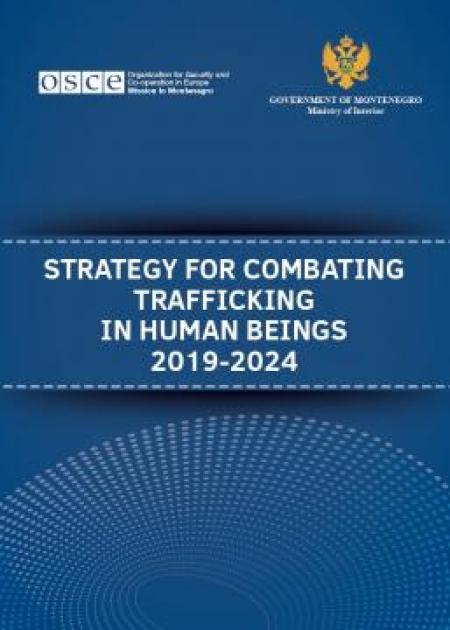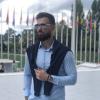
The governments of Kosovo and Montenegro have continued their commitment and efforts in the fight against human trafficking and the protection of victims through proper coordination, communication and exchange of information.
As a result of professional investigations by the Directorate for Investigation of Trafficking in Human Beings (DHTQNJ) within the Kosovo Police, in December last year, two child victims of trafficking from Montenegro were identified. Victims were exploited through forced child marriage and begging. From the moment of official identification, victims were provided with shelter, protection, rehabilitation and reintegration services. These cases were prioritized by the prosecutor and court judge.
Furthermore, in February a bilateral meeting of multidisplinary teams from Kosovo and Montenegro was held in Podgorica, with the aim of exchanging proper and relevant information, as well as agreeing on undertaking joint bilateral actions in terms of transnational case management and assisted voluntary return of victims. As a result of continuous communication between the Offices of National Anti-Trafficking Coordinators of both counties and the proper implementation of the Unified Standard Operational Procedures (USOP), victims have been successfully returned to their country of origin.
It is worth mentioning that these are the first cases in which the USOPs have been fully applied between the two countries. These procedures are derived as annexes from the signing of the trilateral protocol between Kosovo, Montenegro and Albania for information exchange for Transnational Case Management for the protection of victims, potential victims of trafficking and those at risk, with a special focus on children.
The additional protocol and its annexes were endorsed by the National Anti-Trafficking Coordinator in both countries in December 2016. Terre des hommes has continuously supported the implementation of the USOPs through the project ‘Improving provision of services and awareness to combat trafficking in Persons in the Balkans, Albania, Macedonia, Montenegro, Kosovo’ – funded by the United States Department of State through the Office to Monitor and Combat Trafficking in Persons (J/TiP) program.


